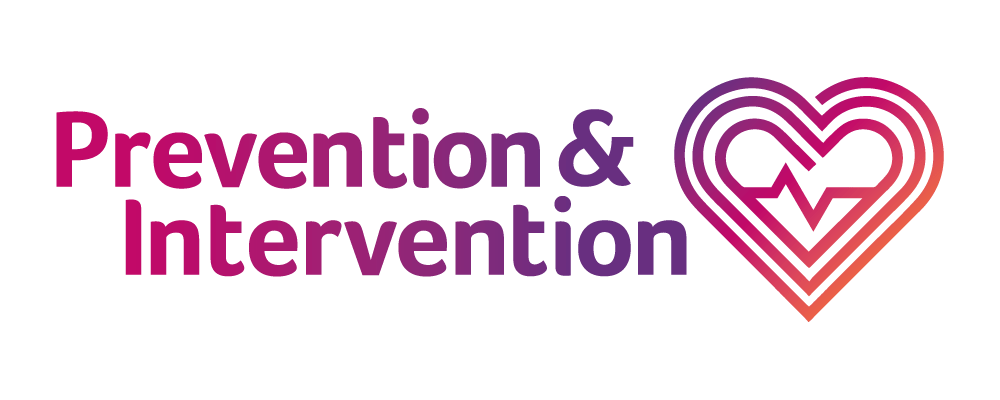“Women in Cardiology: empowering women leaders and changing the women’s health” at the Prevention & Intervention 2023 Conference
Martha Gulati on early career development: “The most important thing is to find your joy.” Learn how embracing your passions and questions can shape your medical journey.
Martha Gulati: As an early career, I think the most important thing is to find your joy. Don’t start out just doing things because other people say you need to do them. Some of your job will be because other people say you have to do them, but you should be defining your career at that stage. Most importantly, find your niche, what in cardiology fascinates you. Find a disease, a state, or a procedure that you wish to master. What are you going to be the best at? And if there’s something that puzzles you, maybe that’s what you should be working on. Something that stimulates and creates your creative energy, maybe that’s what you should be working at. If something causes you distress, sometimes that’s what you need to be focused on, because that might be the thing that conquers your soul. Become the expert, read everything on that topic, so that you are the expert. It’ll take a while, but if this is what you want to do, know everything about it, because it will help your clinical and your research pathway. And I’m not saying everyone does research, but it might create an area of research. And become a skeptic. There are a lot of things out there in medicine that we make assumptions that everyone knows. We think it’s a truth, and then you study it, and it’s not a truth. And I’ll use my example. When I was doing stress testing as a fellow, everything was equal for males and females, heart rates, goals, even though we all know women are different than men. And my first work was actually just proving that the heart rate response from women wasn’t the same as men, and the fitness level wasn’t the same. because I showed that those were wrong. That was the beginning of my work. The beginning of my academic career was by being a skeptic and saying that there’s no way that this is the same for women compared to men. And when you’re in early career, take the risks. What do you have to lose? You might as well take the risks at that stage. I think it’s much harder when you’re mid-career to take risks because you’re trying to navigate your way through the system. At worst, you fail; at worst, people laugh at your papers until you prove that you are right.
